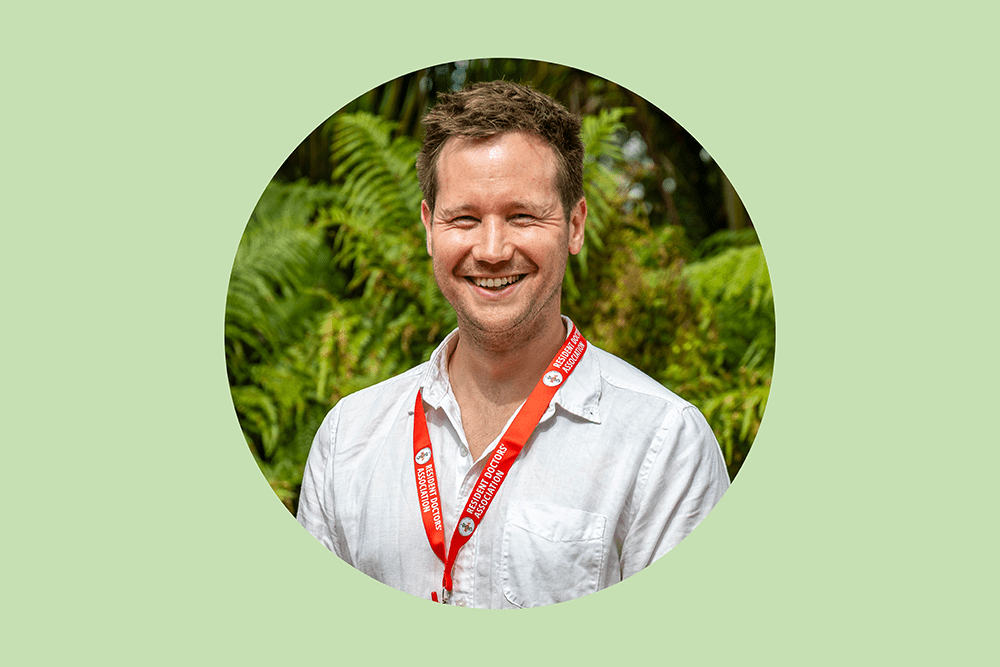News Story
Resident Doctors' Day & I am a Doctor
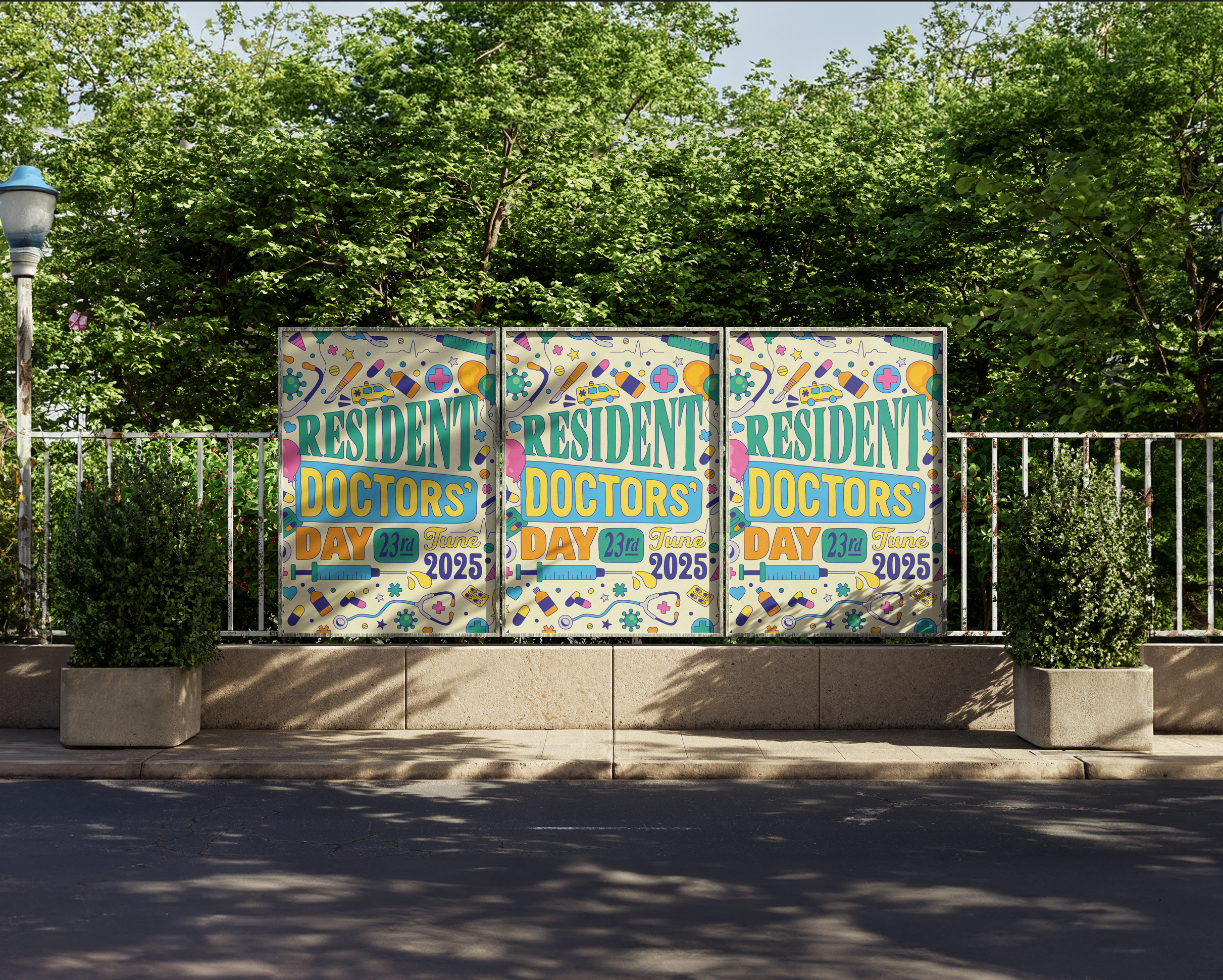
Stay updated with the latest news, updates, and media releases from NZRDA.
Filter by category
News Story

Publication
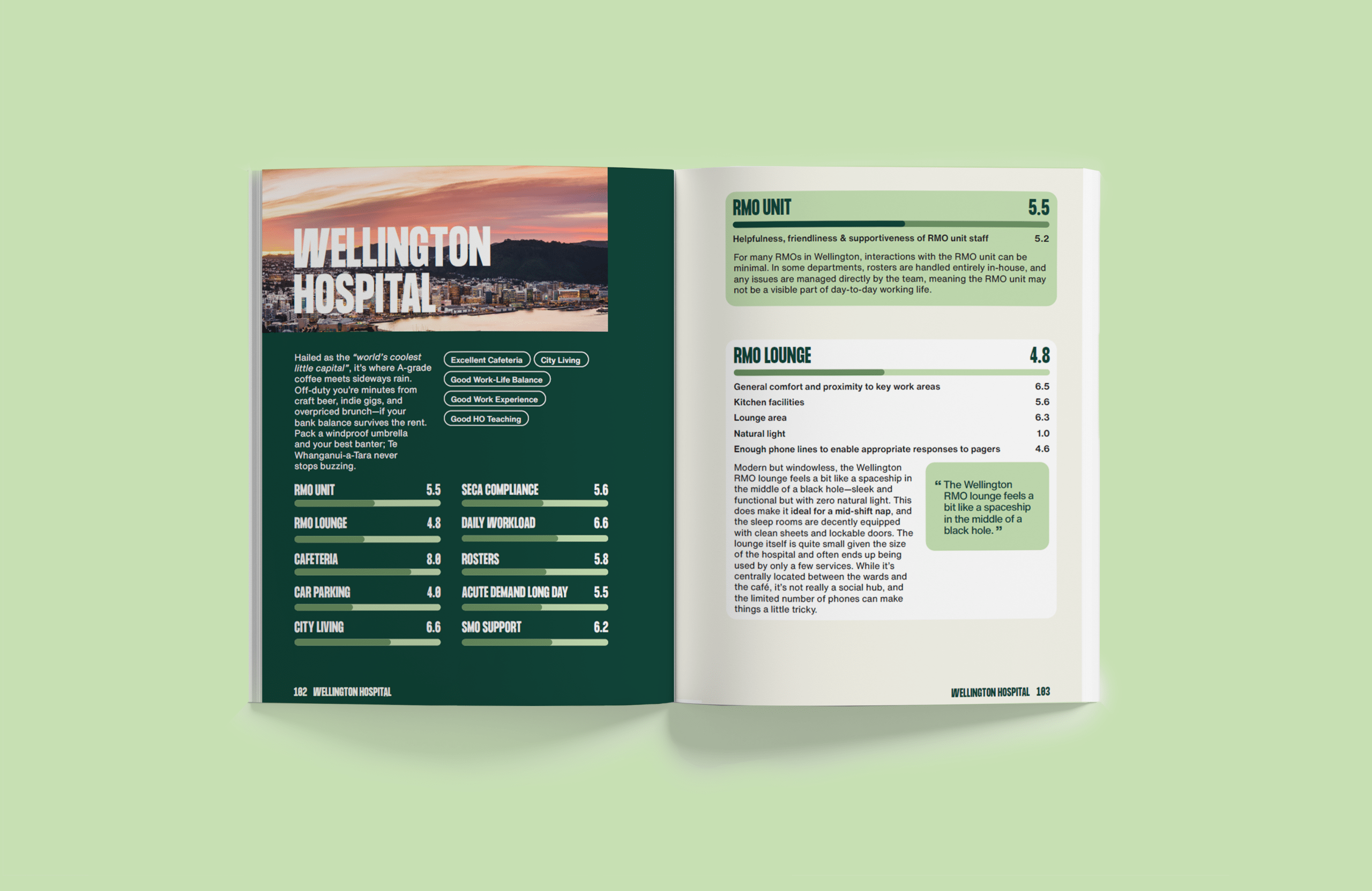
News Story
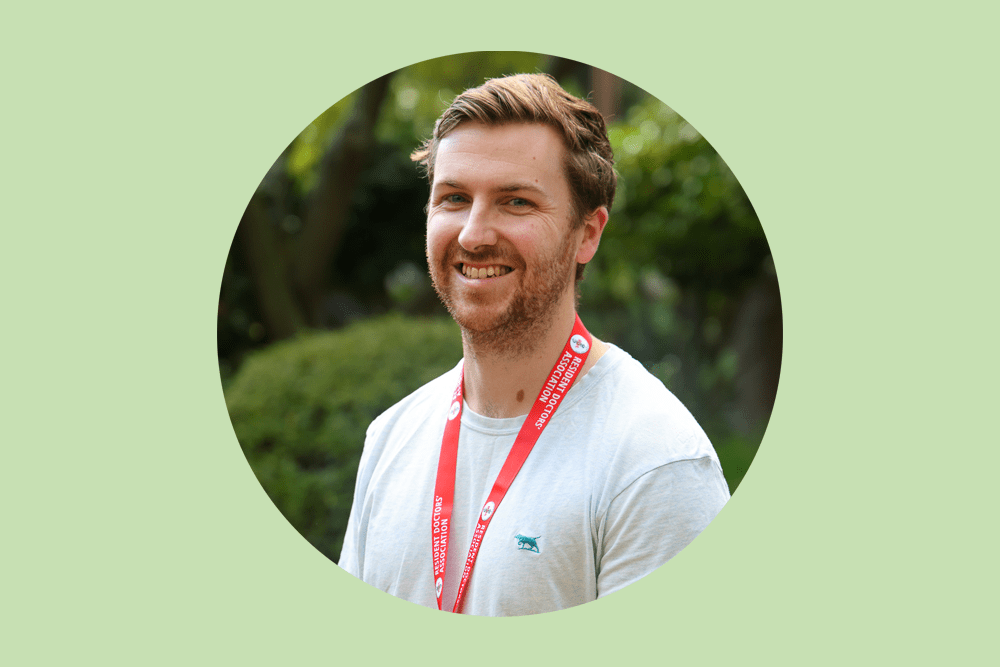
Opinion Piece
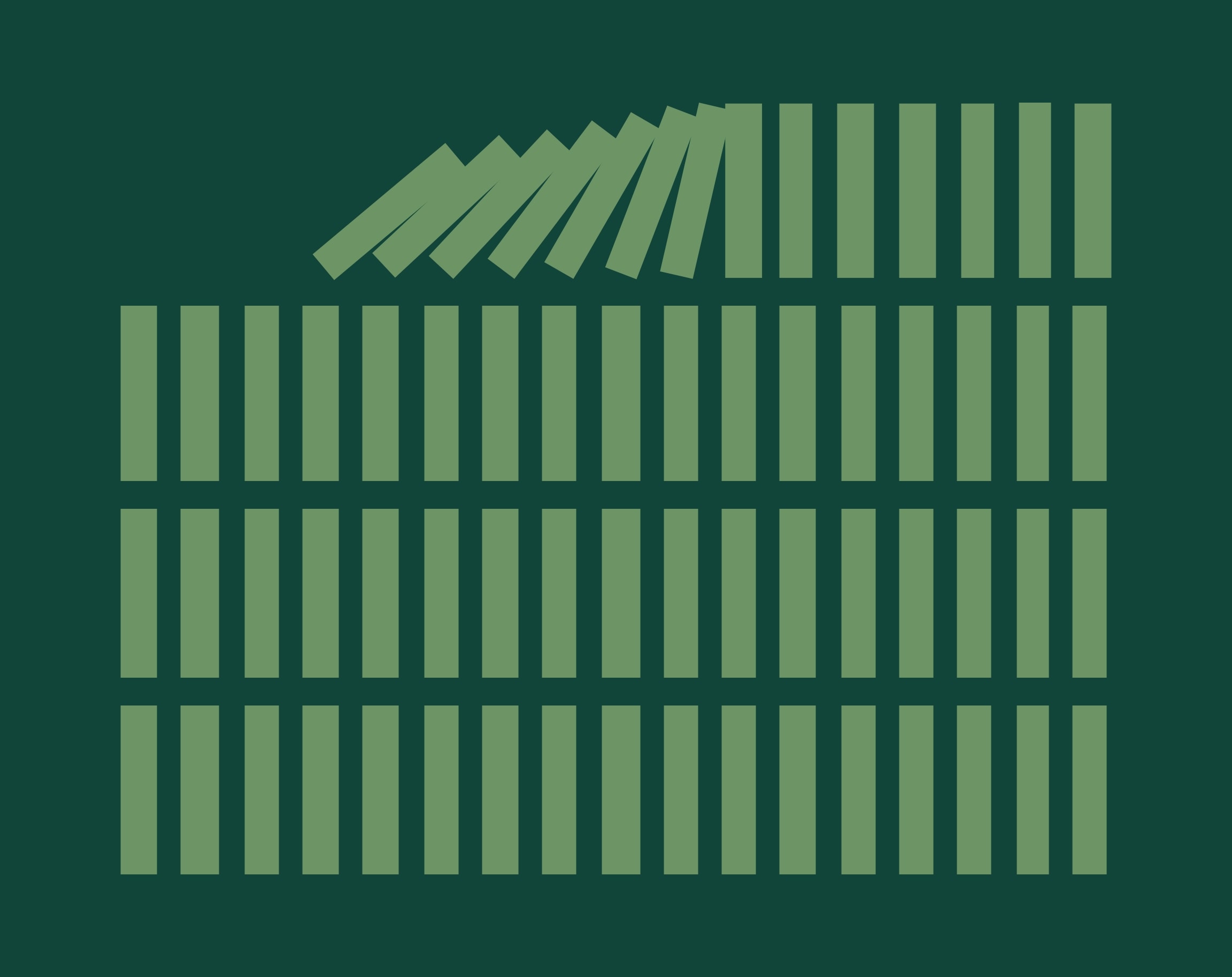
Opinion Piece

Opinion Piece

News Story
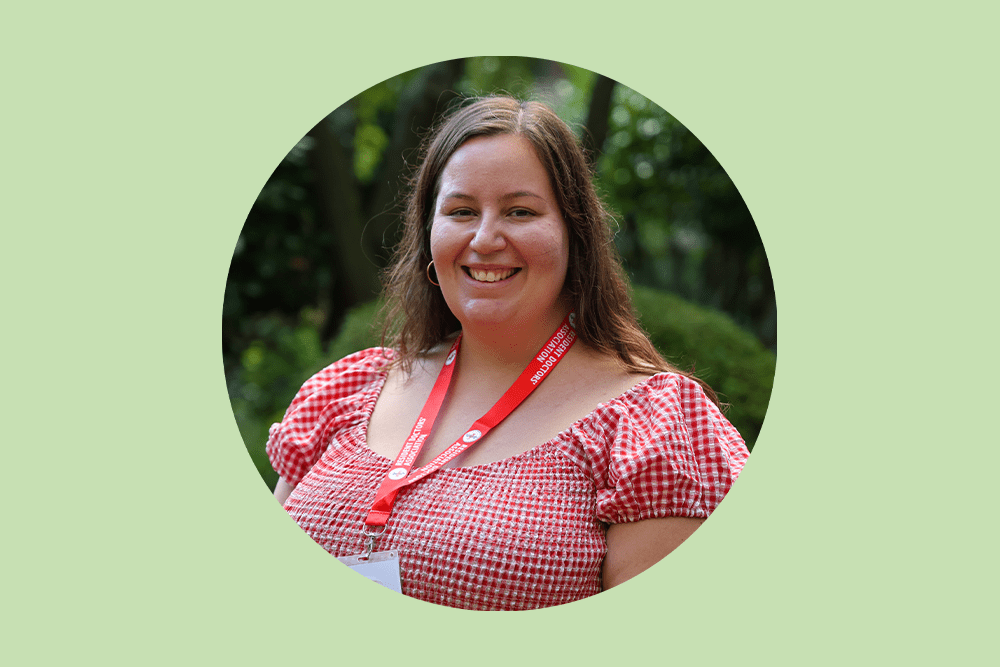
News Story

News Story

Media Release
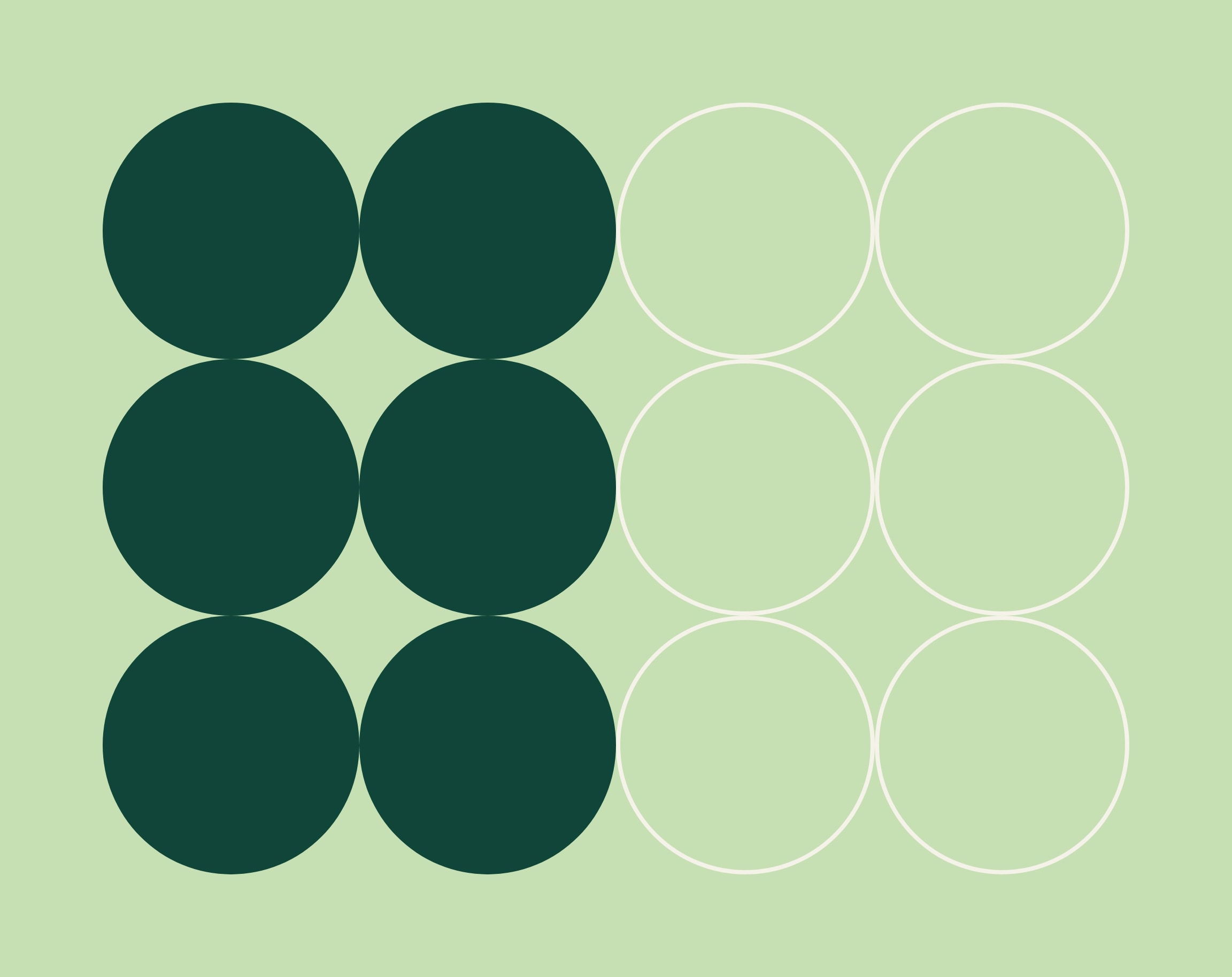
Media Release

Publication
